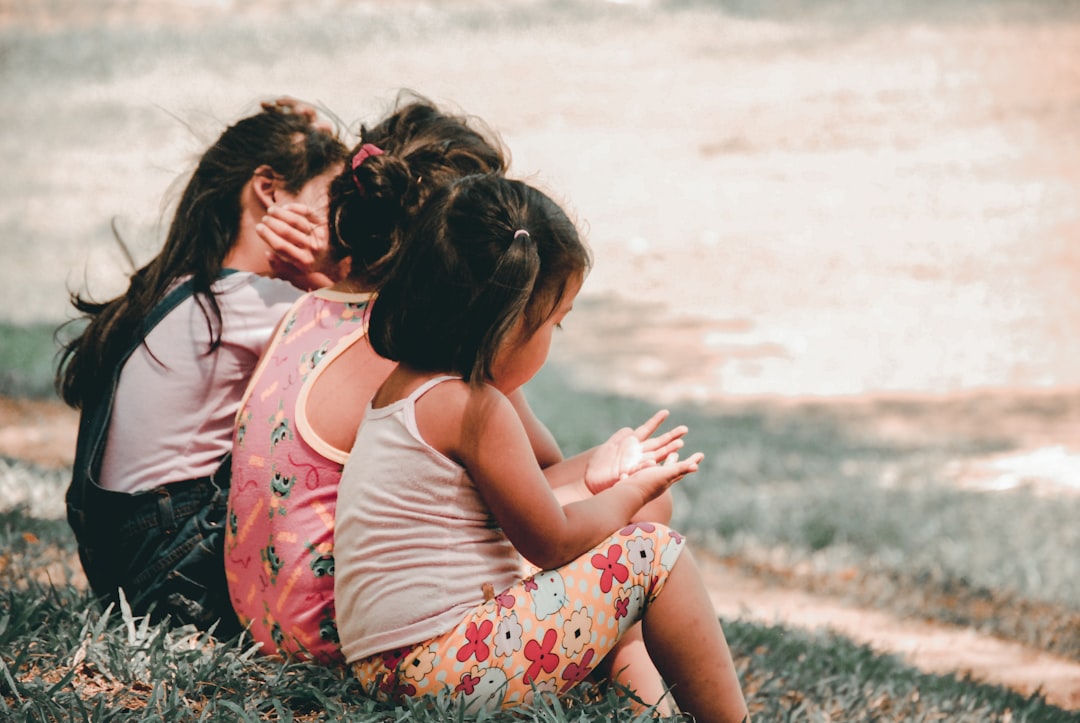What is it about?
This paper demonstrates that people hold biased beliefs about the effects of the COVID-19 pandemic on people in poverty. People think that low-income individuals are less harmed by everyday consequences of the pandemic, such as having to be apart from loved ones or having to stay at home for long periods of time. In reality, research shows that people in poverty were more negatively affected by the pandemic. Yet, people believe the opposite, and also believe that individuals in poverty need less social support during the pandemic as a result of being less harmed.
Featured Image

Photo by Heike Trautmann on Unsplash
Why is it important?
This work shows that people hold a harmful belief about the effects of the pandemic for individuals in poverty. People believe that low-income individuals--who are most harmed by the pandemic and who are most in need of more resources--are less harmed and less in need of support. This bias has profound implications for the neglect and mistreatment of the most disadvantaged during an unprecedented global crisis. Preliminary investigation also suggests, however, that providing information that directly counters this bias might be one pathway to reducing the bias and increasing equity and justice during this crisis and beyond.
Perspectives
The pandemic has highlighted many structural and interpersonal inequalities that are urgently in need of being addressed. By revealing a bias in people's perceptions of these inequalities (i.e., people fail to see the exacerbated effect of the pandemic on those in poverty), this article underlines a barrier to addressing inequalities and achieving social justice. It suggests that we need new interventions to prevent biased beliefs from causing us to neglect those who are most in need of greater care, support, and resources.
Nathan Cheek
Purdue University
Read the Original
This page is a summary of: People think the everyday effects of the COVID-19 pandemic are not as bad for people in poverty., Journal of Experimental Psychology Applied, August 2022, American Psychological Association (APA),
DOI: 10.1037/xap0000442.
You can read the full text:
Contributors
The following have contributed to this page










